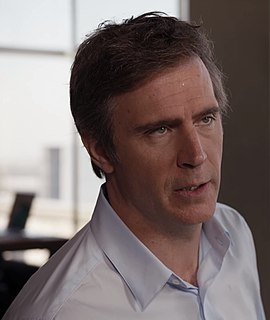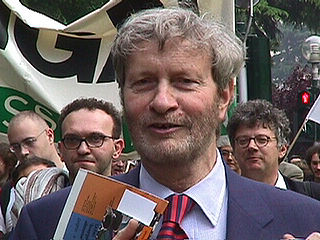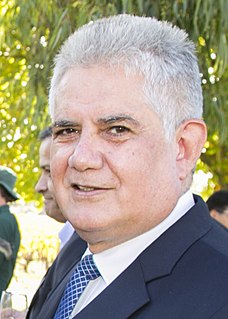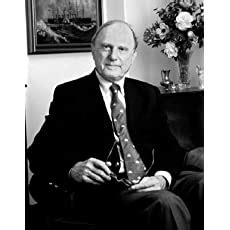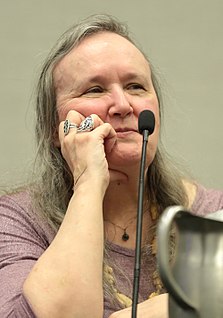A Quote by Bernice Weissbourd
Because it's not only that a child is inseparable from the family in which he lives, but that the lives of families are determined by the community in which they live and the cultural tradition from which they come.
Related Quotes
We live fragmented, compartmentalized lives in which contradictions are carefully sealed off from each other. We have been taught to think linearly rather than comprehensively, and we do this not through conscious design or because we are not intelligent or capable, but because of the way in which deep cultural undercurrents structure life in subtle but highly consistent ways that are not consciously formulated.
The world that we live in is full of distractions and pleasures that pull us away from a spiritual life. Even our jobs which are a very necessary and important part of our lives can end up being the altar at which we pray. They consume most of our waking hours and provide the income on which we are dependent in order to take care of our families.
The quality of light by which we scrutinize our lives has direct bearing upon the product which we live, and upon the changes which we hope to bring about through those lives. It is within this light that we form those ideas by which we pursue our magic and make it realized. This is poetry as illumination, for it is through poetry that we give name to those ideas which are, until the poem, nameless and formless-about to be birthed, but already felt.
Tradition is the transmitting of linguistic messages that constitute the horizon within which Dasein is thrown as a historically determined project: and tradition derives its importance from the fact that Being, as a horizon of disclosure in which things appear, can arise only as a trace of past words or as an announcement that has been handed down to us.
The gospel is never heard in isolation. It is always heard against the background of the cultural milieu in which one lives. A person raised in a cultural milieu in which Christianity is still seen as an intellectually viable option will display an openness to the gospel which a person who is secularized will not [as such] part of the broader task of Christian scholarship is to help create and sustain a cultural milieu in which the gospel can be heard as an intellectually viable option for thinking men and women.
The [Kwanzaa] holiday, then will of necessity, be engaged as an ancient and living cultural tradition which reflects the best of African thought and practice in its reaffirmation of the dignity of the human person in community and culture, the well-being of family and community, the integrity of the environment and our kinship with it, and the rich resource and meaning of a people's culture.
Most people can look back over the years and identify a time and place at which their lives changed significantly. Whether by accident or design, these are the moments when, because of a readiness within us and a collaboration with events occurring around us, we are forced to seriously reappraise ourselves and the conditions under which we live and to make certain choices that will affect the rest of our lives.
Children learn what they live.
If a child lives with criticism... he learns to condemn.
If he lives with hostility... he learns to fight.
If he lives with ridicule... he learns to be shy.
If he lives with shame... he learns to be guilty.
If he lives with tolerance... he learns confidence.
If he lives with praise... he learns to appreciate.
If he lives with fairness... he learns about justice
When tradition is thought to state the way things really are, it becomes the director and judge of our lives; we are, in effect, imprisoned by it. On the other hand, tradition can be understood as a pointer to that which is beyond tradition: the sacred. Then it functions not as a prison but as a lens.
With only one life to live we can't afford to live it only for itself. Somehow we must each for himself, find the way in which we can make our individual lives fit into the pattern of all the lives which surround it. We must establish our own relationships to the whole. And each must do it in his own way, using his own talents, relying on his own integrity and strength, climbing his own road to his own summit.


